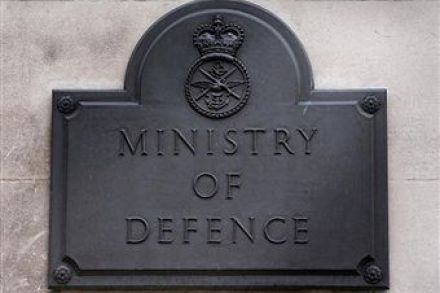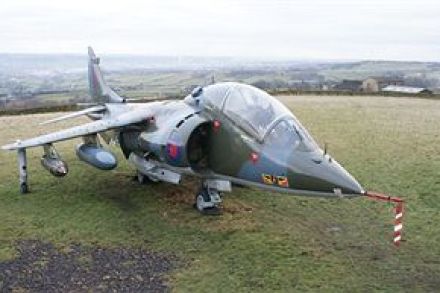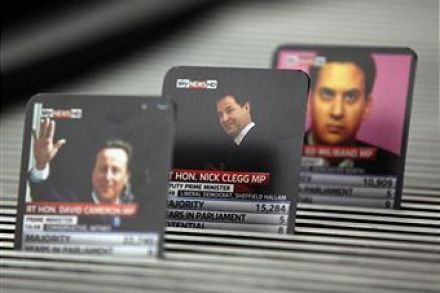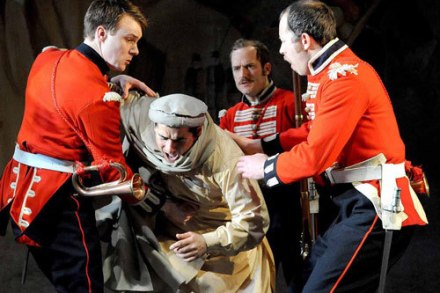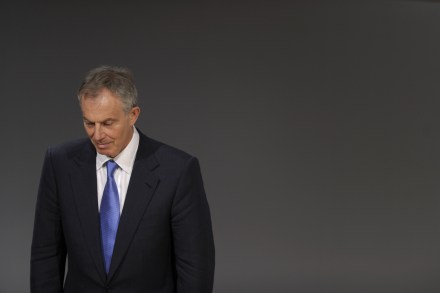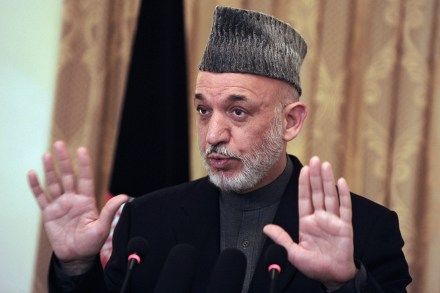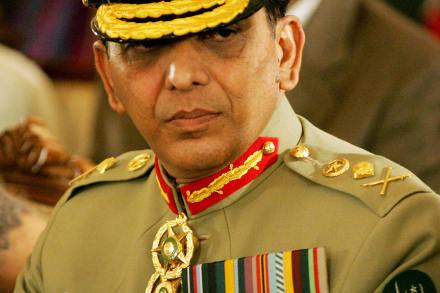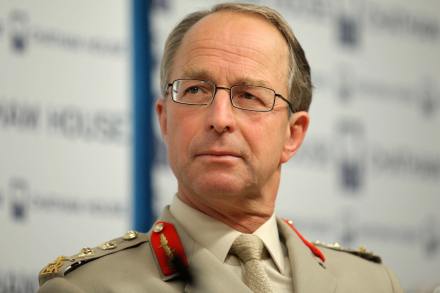17,000 servicemen to go
The MoD has released its plan for redundancies. The numbers and plan were leaked at the weekend, but here are some details: 1) There will be 17,000 redundancies – 7,000 from the army and 5,000 each from navy and RAF. The first tranche will be notified by commanding officers in September 2011. 2) Some of the reductions are expected to be achieved through not filling vacancies and slowing recruitment, but it is estimated that 11,000 jobs will be lost by April 2015. 3) This is a compulsory programme, but the MoD hopes that the majority of losses can be met through volunteers. Volunteers will serve a 6-month notice period, non-volunteers
